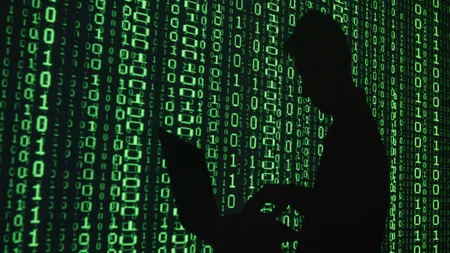Learn How the Dark Web Enhances Anonymity for Human Rights Defenders
The dark web has emerged as a vital tool for human rights defenders in their fight against oppression, offering an unprecedented level of anonymity and privacy in an increasingly monitored digital world. For activists operating under authoritarian regimes or in countries where dissent is met with retaliation, the ability to communicate, organize, and expose violations without fear of identification is crucial. The dark web, which operates through encrypted networks like Tor, provides human rights defenders with a secure platform to share sensitive information, collaborate with other activists, and communicate with journalists and international organizations—often beyond the reach of state surveillance and censorship. One of the main benefits of the dark web for human rights defenders is its decentralized nature. Traditional internet services are centralized and easily monitored, giving governments and oppressive actors the ability to track and target individuals engaging in activism. The dark web, however, masks a user’s location and identity, making it far more difficult to trace communication back to specific individuals.

This layer of protection is essential for activists who may face imprisonment, torture, or even death if their efforts are exposed. In addition to communication and collaboration, the dark web allows for the dissemination of information in environments where internet access is tightly controlled or censored. Many human rights defenders rely on platforms within the dark web to publish reports, expose government corruption, and raise awareness about injustices in their countries. These platforms offer a way to bypass censorship filters and reach an international audience that would otherwise be inaccessible. This ability to share information freely is not only vital for informing the global community but also for garnering support and intervention from international bodies. Furthermore, the uncensored hidden wiki dark web can be a safe haven for whistleblowers who wish to leak classified documents or evidence of human rights abuses without risking their safety. Platforms like Secure Drop, which operate within the dark web, provide a means for whistleblowers to submit sensitive material to media outlets while remaining completely anonymous.
Such tools have been instrumental in exposing government atrocities, corporate malfeasance, and other human rights violations that would otherwise remain hidden from public scrutiny. However, using the dark web is not without its challenges. The same anonymity that protects human rights defenders also attracts criminals, and the dark web is often associated with illegal activities. This negative reputation can make it harder for legitimate users to gain trust or navigate the space without risk. Additionally, there is always the possibility of state actors infiltrating dark web networks in an attempt to identify and suppress activists. Despite these risks, the dark web continues to be a powerful tool for human rights defenders worldwide, offering them the privacy and security needed to challenge injustice and protect their lives in the process.